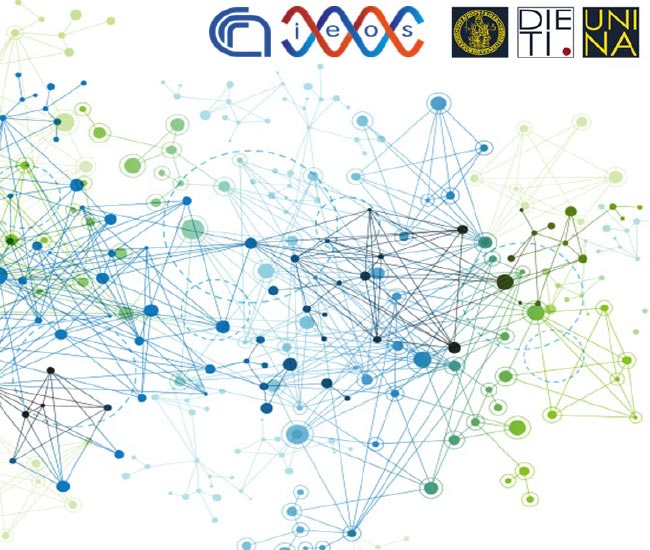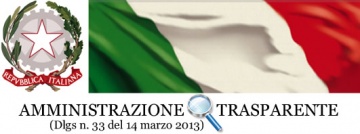
COmputational SysteM BiOlogy COSMO
Keywords: Bioinformatics; Data Analysis; Data Integration; System Biology; Omic Networks
Group leaders: Alberto Luini Antonio Maria Rinaldi
Contacts:
Lab: +39 0816132588
Emails: a.luini@ieos.cnr.it
antoniomaria.rinaldi@unina.it
The COmputational SysteM BiOlogy (COSMO) Unit has been established through the joint efforts of the Department of Electrical Engineering and Information Technology (DIETI) at University in Naples Federico II (UNINA) and the Molecular and Cell Biology group at the CNR, IEOS, Naples. It is led by Dr. Alberto Luini (CNR-IEOS) and Prof. Antonio M. Rinaldi (UNINA-CNR-IEOS).
The Unit develops methods for the analysis of cellular molecular networks of interest and focuses on uncovering and analyzing the control systems operating in the cell and in particular in the transport pathways and integrative bioinformatics approaches and bioimages analysis.
The research topics on which the Unit intends to investigate require the use of innovative computational intelligence techniques in the field of systems biology. This view is focused on understanding cell regulation on a global and more holistic level. The regulation of the transport system is similar in design to the regulation of other complex systems, both biological and artificial, and can best be described on the basis of a set of concepts, collectively referred to as control theory, which were originally developed in the field of engineering for the management of complex machines, and were subsequently applied to biological systems. Moreover, the use of knowledge-driven frameworks able to integrate big multi-omics data into a knowledge structure enabling the exploration and discovery of novel biological patterns and associations using trans-omics network reconstruction and multi-omics analysis.
This research, will rely on techniques for the identification of control systems in the cell based on perturbations on cellular events. These perturbations, which can be of various kinds (thermal, pharmacological, genetic, etc.), change the pattern of gene expression and the signaling cascades. The data obtained from these perturbations are too complex (thousands of signals per experiment) and require computational approaches for their analysis. In addition, the study of trans-ome-wide association (trans-OWAS) connecting phenotypes with trans-omic networks that reflect both genetic and environmental factors can characterize complex diseases and support novel approaches for precision medicine.
Prioritization of driver genes in cancer-associated copy number alterations identifies B4GALT5 as a glycooncogene
Francesco Russo, Pranoy Sahu, Ilenia Agliarulo, Riccardo Rizzo, Matteo Lo Monte, Nicola Normanno, Silvia Soddu, Francesca Carlomagno, Alberto Luini, Seetharaman Parashuraman bioRxiv 2022.03.30.486261; doi: https://doi.org/10.1101/2022.03.30.486261
Researcher:
Francesco Russo francesco.russo@cnr.it
Post-doc fellows:
Matteo Lo Monte m.lomonte@ieos.cnr.it">m.lomonte@ieos.cnr.it
Cristian Russo c.russo@ieos.cnr.it
Ph.D. Student:
Cristian Tommasino cristian.tommasino@unina.it


